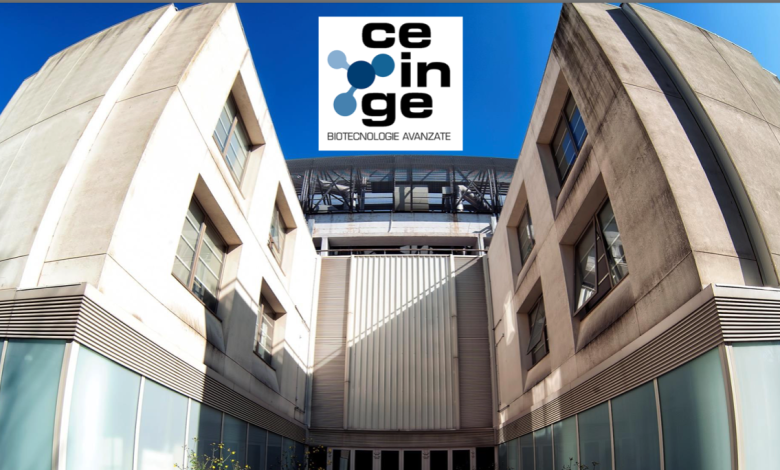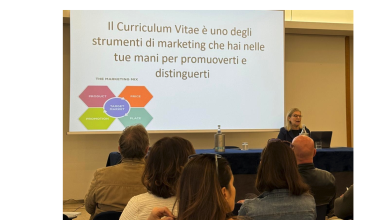
It strikes children and adolescents two to six weeks after acute SARS-CoV- infection 2. Multisystem Inflammatory Syndrome (Multisystem Inflammatory Syndrome in Children, MIS-C), a rare and severe complication of COVID-19, characterized by high fever and gastrointestinal symptoms, in which the heart, kidneys and lungs may be involved, has a genetic predisposition.
2. Multisystem Inflammatory Syndrome (Multisystem Inflammatory Syndrome in Children, MIS-C), a rare and severe complication of COVID-19, characterized by high fever and gastrointestinal symptoms, in which the heart, kidneys and lungs may be involved, has a genetic predisposition.
To find out the research group of CEINGE-Advanced Biotechnology of Naples, led by Giuseppe Castaldo, professor of Technical Sciences of Laboratory Medicine at the University of Naples Federico II. The study, funded by the Campania Region and carried out in collaboration with the Pediatric Emergency, Emergency Department and Sub-intensive Care Unit and the Pediatric Cardiology Unit of the Santobono-Pausilipon National Pediatric Hospital of Naples, directed by Vincenzo Tipo and Michela Grieco, resolves two questions of fundamental importance for the diagnosis and treatment of young patients: why only in some children does Multisystem Inflammatory Syndrome develop after COVID-19 and if it is possible to intervene quickly and effectively to combat the disease.
The researchers answered the first question with a work published in the scientific journal Frontiers in Immunology: there is a genetic predisposition in children affected by this serious syndrome. "45 cases of patients hospitalized at Santobono were analyzed and, thanks to the use of the latest generation equipment present at CEINGE, we arrived at results that clearly show how MIS-C is associated with mutations in genes already implicated in auto-immune and auto-inflammatory diseases", explains the  Professor Castaldo. «It happens that during the acute phase of the COVID-19 infection, a complete elimination of the virus does not occur in children who are carriers of the described genetic traits. This causes tissue damage and triggers the hyper-reactive immune response typical of the syndrome», Castaldo clarifies again.
Professor Castaldo. «It happens that during the acute phase of the COVID-19 infection, a complete elimination of the virus does not occur in children who are carriers of the described genetic traits. This causes tissue damage and triggers the hyper-reactive immune response typical of the syndrome», Castaldo clarifies again.
The answer to the second question is contained in a work published in Metabolites. The timely identification of mutations in young patients, through the use of advanced biotechnologies, becomes fundamental for personalized therapeutic management. The investigators focused their attention on endothelial vasculitis events which, together with the acute inflammatory state, represent hallmarks of COVID-19 and MIS-C and can cause venous/arterial thrombosis events. The results of this study allowed to identify some proteins involved in the processes of endothelial damage as potential biomarkers of MIS-C, such as the chemokine MCP-1, the VEGF-A factor and Panca antibodies. «The dosage of these proteins - says Giuseppe Castaldo - would allow not only to diagnose MIS-C, but also to identify a potential development of vasculitis. And, very importantly, the early identification of patients with endothelial damage allows the establishment of specific personalized therapies, such as prophylaxis with anticoagulants, immunomodulators and/or anti-angiogenic drugs".
Related News: Biomarkers of Endothelial Damage in Distinct Phases of Multisystem Inflammatory Syndrome in Children
MIS-C: A COVID-19-associated condition between hypoimmunity and hyperimmunity
CEINGE. Post Covid multifactorial inflammatory syndrome in children: there is a genetic cause
Asymptomatic COVID-19, genetic factors discovered
Note: The CEINGE (Campanian Center of Genetic Engineering) is a non-profit consortium company, with entirely public capital, founded in 1983 by Professor Francesco Salvatore, biochemist, Emeritus of the Federico II University, Member of the National Academy of Sciences (called dei XL). Its partners are the Federico II University Hospital and the Federico II University of Naples.





